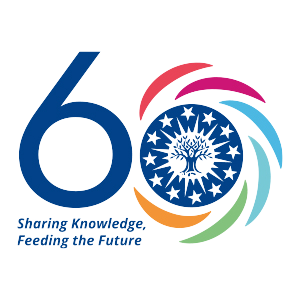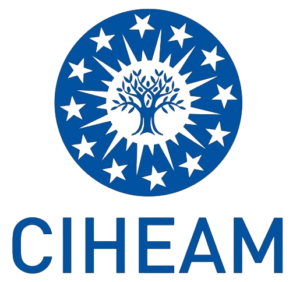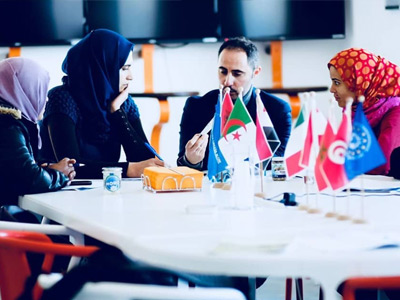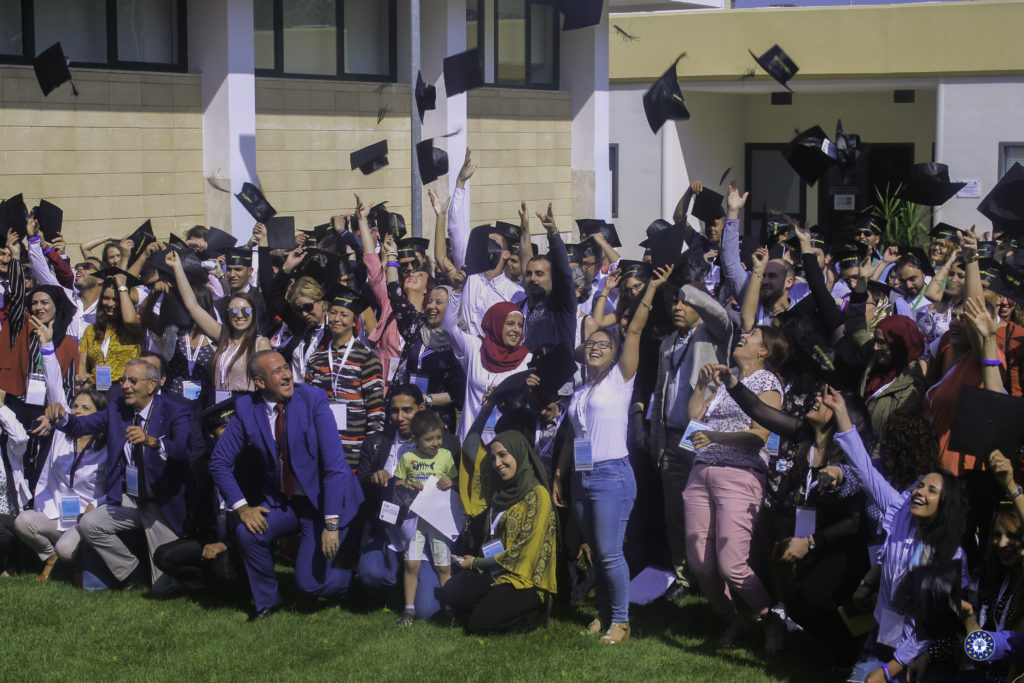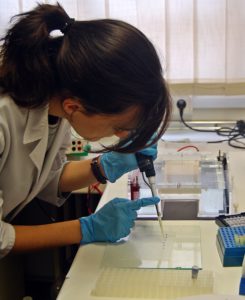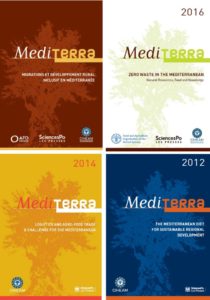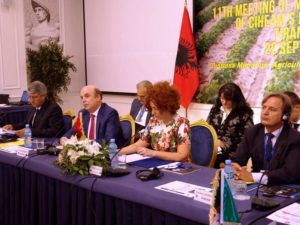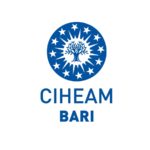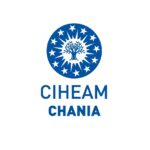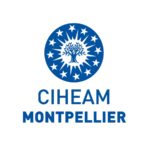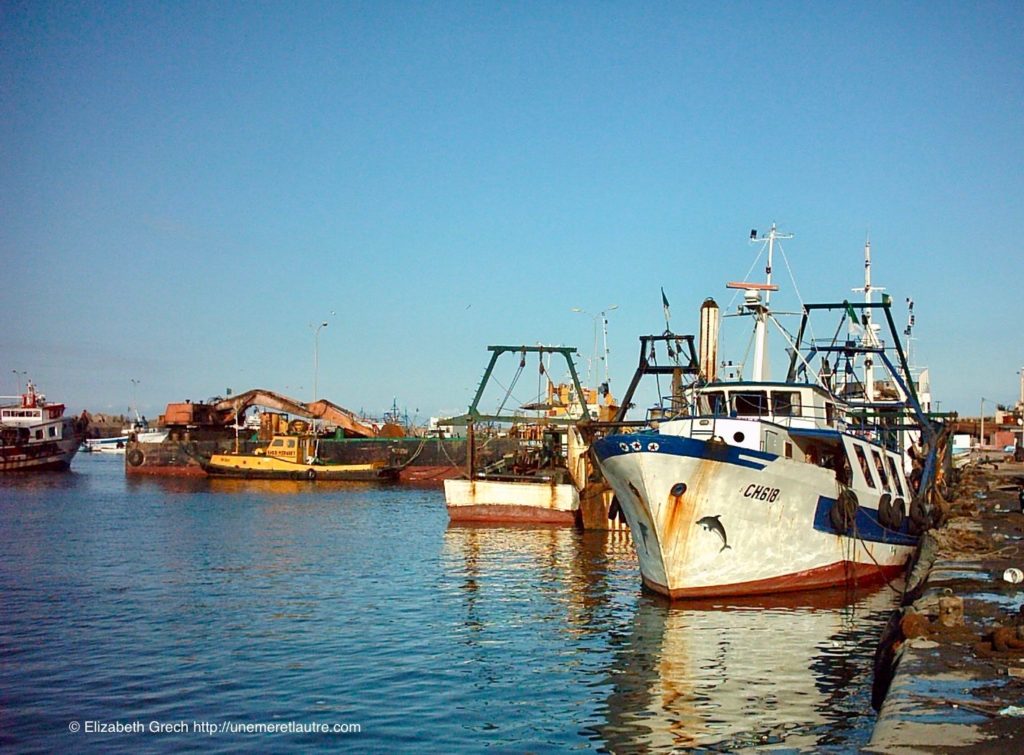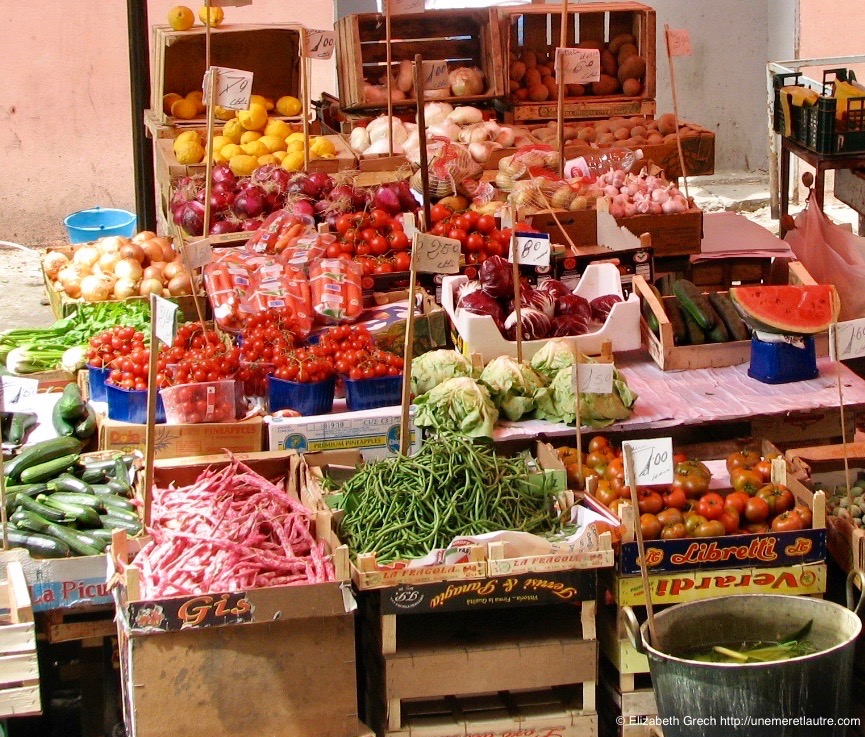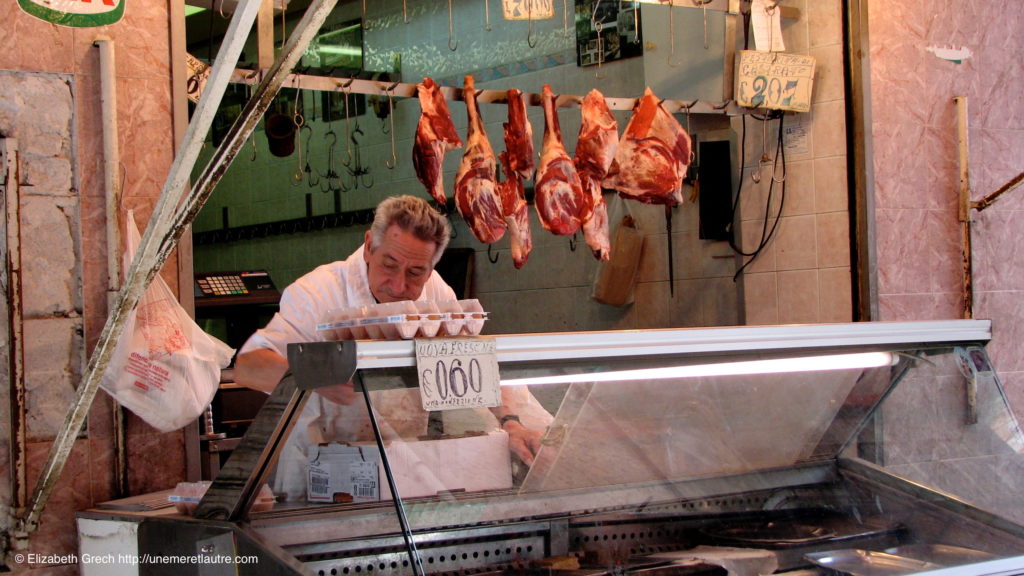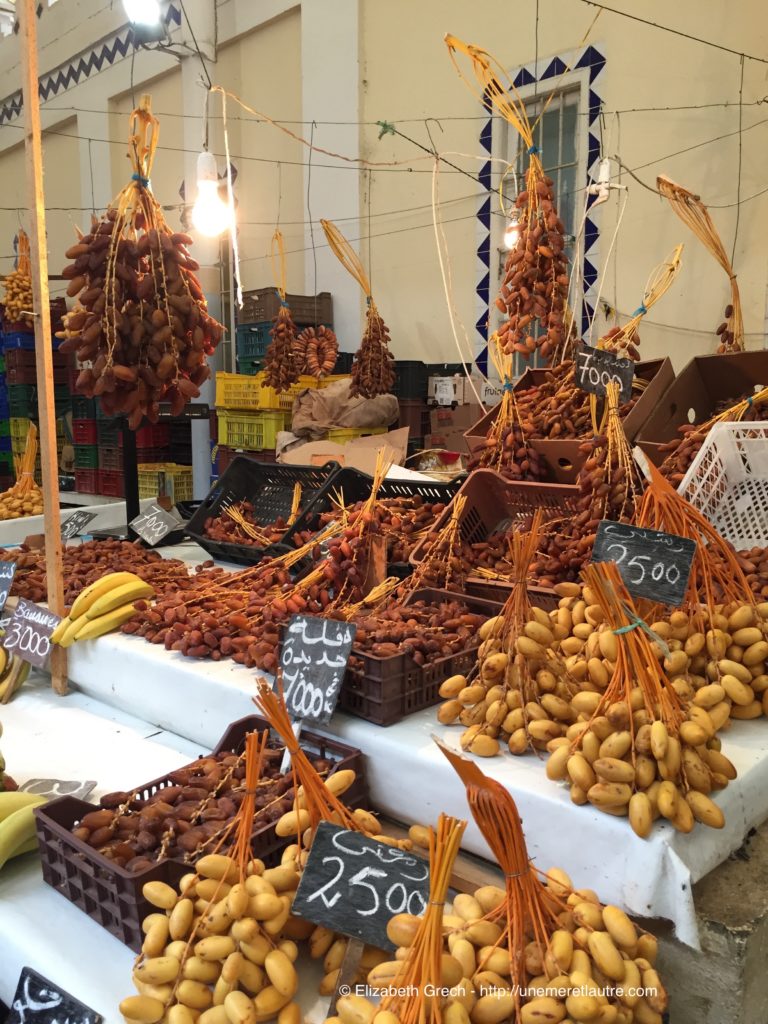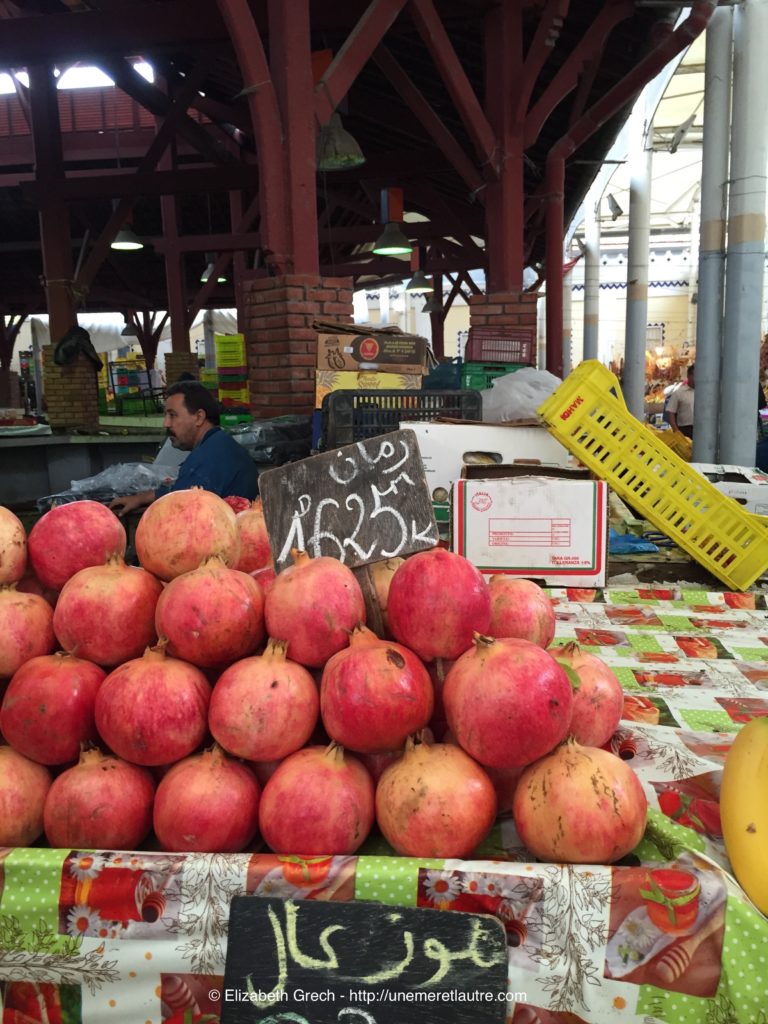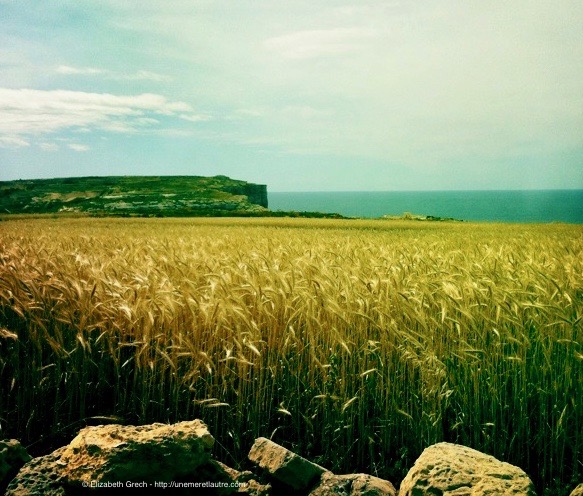Press Release, 15 January 2021
FAO, CIHEAM and UfM join forces to boost progress on the 2030 Sustainable Development Agenda across the Mediterranean, on the threshold of the 2021 UN Food Systems Summit.
On January 14, 2021, the Food and Agriculture Organization of the United Nations (FAO), the International Center for Advanced Mediterranean Agronomic Studies (CIHEAM) and the Union for the Mediterranean (UfM) signed a memorandum of understanding agreement (MoU) to provide a framework for collaboration to promote their common goals and objectives in accelerating progress on the 2030 Agenda for Sustainable Development, through collaborative actions to support the shift towards more sustainable food systems in the Mediterranean region.
This unique tripartite agreement is the result of previous collaborations, including the Palermo Forum “Strategies for More Sustainable Food Systems in the Mediterranean” and was driven by the 10th Ministerial Meeting of the CIHEAM member states which was held in Algiers in 2014.
The MoU comes with a detailed work plan of concrete actions that will span across several technical areas, such as sustainable management of land and water resources, sustainable fisheries, climate-smart and organic agriculture, food environments and healthy diets, sustainable value chain development, food loss and waste reduction, and expanding interdisciplinary collaboration in all aspects related to health care for humans, animals and the environment.
A Platform to strengthen Mediterranean dialogue and collaboration
The development of a multi-stakeholder platform (SFS-MED Platform) to leverage the existing knowledge, experience and skills of institutions across the Mediterranean is also foreseen. “We hope that, as a collaborative multi-stakeholder initiative, the SFS-MED Platform will be able to play a central role in strengthening regional collaboration and interregional dialogue on both Mediterranean shores in order to rethink the future of food systems and initiate collective actions” explained Plácido Plaza, Secretary-General of CIHEAM.
“The complexity of the challenges to foster more sustainable food systems and cooperation in the Mediterranean can only be managed through collective multi-stakeholder dialogue and actions and within a wider approach to green, circular, carbon-neutral economy. It relies on the application of sustainable consumption and productions principles and practices to food systems. The agreement we have signed today checks all the boxes to contribute to this aim” stated H.E. Nasser Kamel, Secretary-General of UfM.
Urgent changes in the context of COVID19
The COVID-19 pandemic has clearly shown that an urgent change of route is needed in the way we produce, process, distribute, consume and dispose of food worldwide. Such transformation needs to consider each specific context and will inevitably involve trade-offs for countries and stakeholders. Sustainable, inclusive and resilient food systems are the key for better production and consumption, better nutrition, a better environment, and a better life.
The Mediterranean region is no exception to this: population growth, demographic changes, urbanization and globalization are changing consumption and production patterns, in a context of climate change and decline of ecosystems. Today, more than ever, the region is facing unprecedented and interdependent environmental, economic and social challenges that affect food security, health, nutrition, sustainability, and, thus, the livelihoods of all people across the Mediterranean.
Capitalizing on their technical, scientific and political mandates, FAO, CIHEAM and UfM will support the SFS-MED Platform to develop a 10-year transitional work plan that, through a substantial scientific base, will inform policy dialogue and transformative decision-making in the region, directly contributing to the preparatory process of the UN Food Systems Summit and, ultimately, to accelerating progress on the 2030 Agenda for Sustainable Development.
The transformation of our food systems is essential to achieve the Sustainable Development Goals (SDGs) and will only be possible if all relevant stakeholders work together. Stay tuned for further information on how to contribute to this initiative!
More about the Palermo Forum
More about the Ministerial meetings of CIHEAM member states
Related publications: FAO-CIHEAM Partnership Advancing sustainable rural development in the Mediterranean

